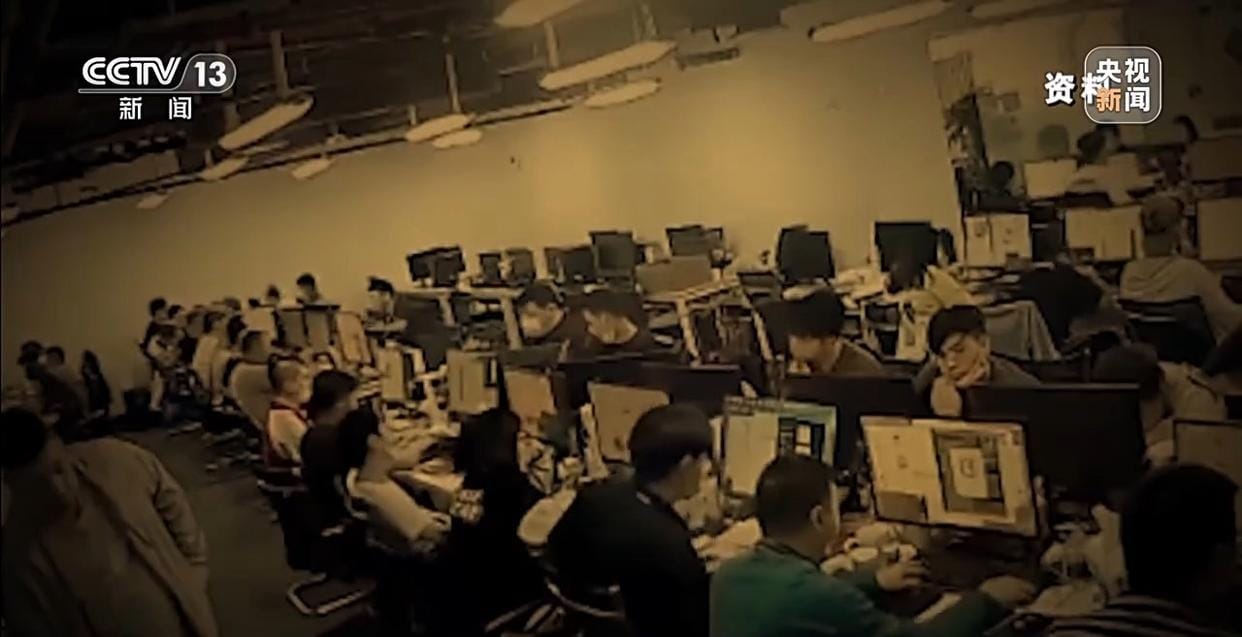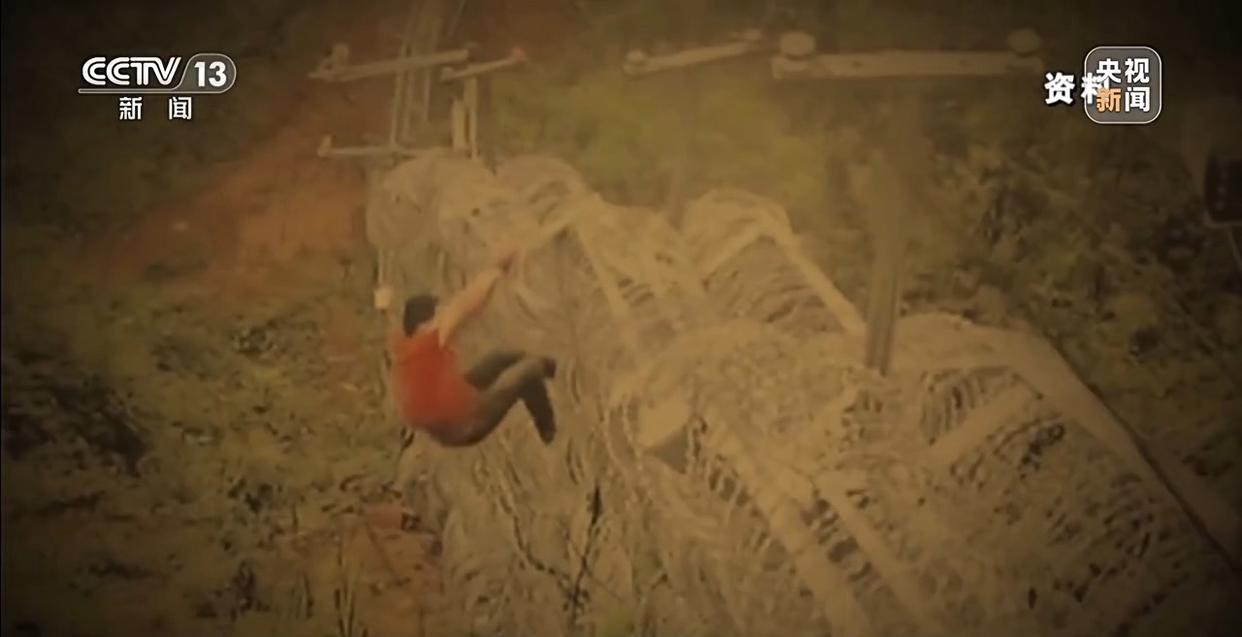18-year-old Teen's Escapes from an Overseas Scam Zone
The recent escape of an 18-year-old from a Myanmar scam zone highlights the urgent need for awareness around high-risk scams targeting vulnerable youth.

The Hidden Dangers Behind "High-Paying" Part-Time Jobs
In today’s digital age, the promise of easy money is more tempting than ever — especially for young people just stepping into the workforce. However, as Hu Yixiao’s harrowing experience shows, scams promising high salaries with low effort can quickly spiral into a nightmare. 🕵️♂️
When Hu Yixiao (胡一啸), an 18-year-old high school dropout from Anhui Province, sought work outside his hometown, he fell prey to slick scams that lured him across the border into Myanmar — a region notorious for electro-fraud and trafficking operations. The grim reality? What seemed like a job offer was a trap designed to restrict his freedom and coerce him into participating in criminal activities. 🚨

How Do These Overseas Scam Zones Operate?
Electro-fraud parks are highly organized, often fenced-off areas run by criminal syndicates. Victims like Hu find themselves under strict surveillance, confined in poor conditions, and forced into online scams — such as fake live broadcasts or romance scams — to victimize others. 😡
Despite numerous warnings and public awareness campaigns, scammers exploit the vulnerabilities of naive youth eager to earn money. With promises of lucrative pay, they cunningly erase skepticism and manipulate young minds. Hu’s story underscores the urgent need for better education and protective measures for teenagers, especially during impulsive life phases like leaving school. 🎓

The Parent’s Agonizing Journey and a Glimmer of Hope
Hu Zongbing’s (胡宗兵) month-long search, driven by desperation and hope, culminated in the miraculous return of his son. His relentless online efforts, combined with police cooperation and media attention, pressured authorities to act. But Hu’s safe return is more the exception than the rule. 😢
His experience has revealed a network of similar cases—young teens disappearing after chasing "too good to be true" jobs. The community’s response, including parents contacting Hu for advice, highlights how widespread and unaddressed this issue remains. 📞

Raising Awareness and Protecting Our Youth
So, what can families, schools, and society do? First, open dialogues about the risks of online job offers and critical thinking about unrealistic promises are essential. Parents must stay vigilant during vulnerable periods like school breaks—moments when youth are most susceptible to high-risk decisions. 🗣
Secondly, governments and law enforcement should strengthen cross-border collaboration and provide better support systems for victims. More importantly, community education campaigns need to be amplified to keep parents and young people informed. It’s not just about avoiding scams—it’s about saving lives. 🌍

Final Thoughts: A Bitter Lesson, A Critical Reminder
Hu Yixiao’s escape from a Myanmar scam zone is a stark, concerning reminder of how manipulative networks prey on the hopes and dreams of young people. This story raises important questions: How many other youths are trapped beyond borders? How can we curb this growing threat before more lives are derailed? 🤔
As a society, standing still is not an option. We must act—through awareness, education, and policy change—to protect our youth from falling into such traps. Because each story like Hu’s isn’t just a news headline; it’s a call to safeguard the future of countless young minds. 💪✨




